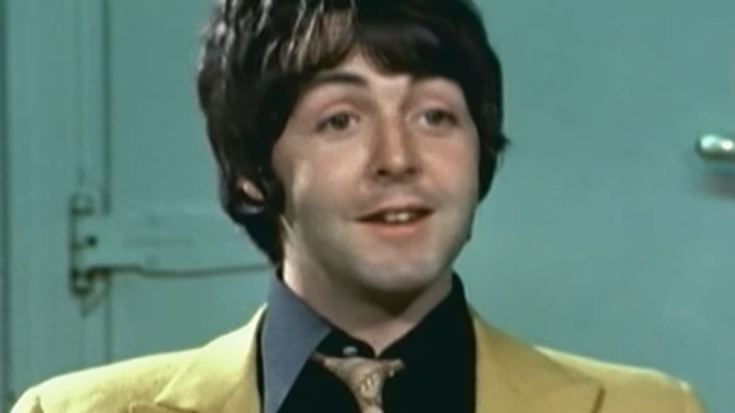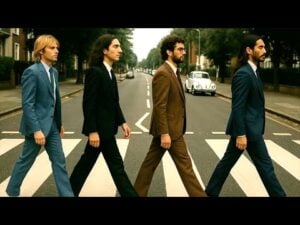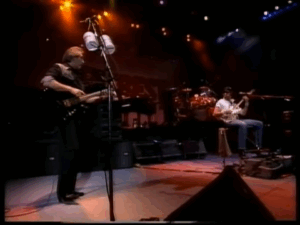The Story Of Doubts And Writing “Yesterday” By The Beatles

Paul McCartney in a 1968 interview - 7cavendish / YouTube
“Yesterday” was inspired by a dream sequence Paul McCartney experienced, where he rushed to his bedroom piano after waking up shortly to retain it. He wanted to play it to many people as he could, not for criticism, but to see if people recognized it, as he was afraid if he accidentally stole it from someone else.
“For about a month I went round to people in the music business and asked them whether they had ever heard it before. Eventually, it became like handing something in to the police. I thought if no one claimed it after a few weeks then I could have it,” he said.
After being satisfied that there were no qualms of plagiarism, McCartney finally presented the song to the band, but for the first time, it was deemed perfect in itself and didn’t need any additional contributions from the members. George Martin, however, wanted to add a string section which was initially turned down by McCartney due to him saying that the Beatles were rock and roll. He eventually went with the idea for the string quartet, working with Martin to make it a reality.
Martin was in charge of the recording in June 1965, but was questioning if the song should be credited to the band at all. He consulted with manager Brian Epstein, saying, “I discussed this with Brian Epstein: ‘You know, this is Paul’s song … shall we call it Paul McCartney?’” Epstein responded with: “No, whatever we do we are not splitting up the Beatles.”
Even the band themselves felt the song was quite the odd man out of their usual sound. McCartney said, “That would have been getting above yourself. We were always watching each other for any signs of that. … It was such a democracy. So ‘Yesterday’ would have meant that the spotlight would go on me, so we never did that. In America maybe. We would allow it there because we weren’t living there… but here, no way on earth.”
The band’s American label, Capitol Records, released it as a 7-inch vinyl a month after being included in the British release of Help!, soaring onto no. 1 for four weeks. The inclusion of strings meant trailblazing the chamber pop niche, along with the band’s first foray into such instrumentation unique for rock music. It also helped change the opinions of older listeners, which was the result of the band maturing quickly than anybody expected.
When it was released as a single in the UK in 1976, it only reached 8th place as numerous covers from other artists already existed. It is said to have been recorded over 2,000 times and performed at a whopping 7 million times – there is no mistaking why it was voted as the best pop song of the 20th century, along with its induction into the Grammy Hall of Fame.
Moreover, a recent 2019 movie of the same title carried the plot of a struggling local musician who wakes up one day where everybody forgets about the Beatles, plagiarizing their songs – the primary concern of McCartney given a contemporary interpretation.












